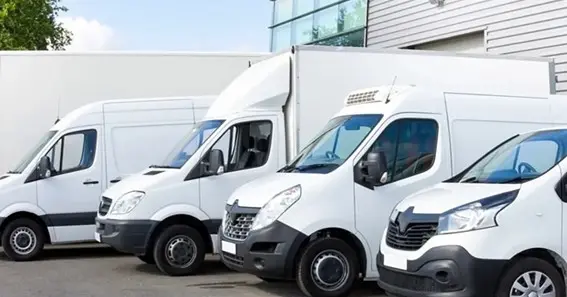A Class C license is a type of commercial driver’s license (CDL) that permits the operation of specific vehicles not covered under Class A or Class B licenses. This includes vehicles designed to transport 16 or more passengers, including the driver, or those used to transport hazardous materials requiring placarding under federal regulations.
Vehicles Operable with a Class C License
With a Class C CDL, drivers are authorized to operate:
- Passenger Vehicles: Vehicles designed to transport 16 or more passengers, such as large passenger vans and small buses.
- Hazardous Materials Transport Vehicles: Vehicles used to transport hazardous materials that require placarding, provided the driver has the appropriate endorsements.
Eligibility Criteria
To obtain a Class C CDL, applicants must:
- Meet Age Requirements: Be at least 18 years old for intrastate driving and 21 for interstate driving or transporting hazardous materials.
- Possess a Valid Driver’s License: Hold a valid non-commercial driver’s license.
- Pass Medical Examinations: Obtain a Department of Transportation (DOT) medical certificate confirming physical fitness to operate commercial vehicles.
Also Read P: TV Furniture: The Ultimate Guide To Stylish And Functional Entertainment Centers
Steps to Obtain a Class C License
- Obtain a Commercial Learner’s Permit (CLP): Pass a knowledge test to receive a CLP, allowing you to practice driving commercial vehicles under supervision.
- Complete Entry-Level Driver Training (ELDT): Enroll in a training program that meets Federal Motor Carrier Safety Administration (FMCSA) standards.
- Pass the Skills Test: Demonstrate proficiency in vehicle inspection, basic control skills, and on-road driving.
- Obtain Necessary Endorsements: Depending on the vehicle type and cargo, secure endorsements such as Passenger (P) or Hazardous Materials (H).
FAQ
- What distinguishes a Class C license from Class A and B licenses?
- A Class C license covers vehicles designed to transport 16 or more passengers or hazardous materials, whereas Class A and B licenses pertain to larger vehicles and combinations based on weight specifications.
- Is a Class C license necessary for driving a small passenger van?
- Yes, if the van is designed to transport 16 or more passengers, including the driver.
- What endorsements are required with a Class C license?
- Endorsements such as Passenger (P) for transporting passengers or Hazardous Materials (H) for transporting hazardous cargo may be required, depending on the vehicle and cargo.
- Can I operate a vehicle towing a trailer with a Class C license?
- Yes, provided the combination does not meet the definitions for Class A or B licenses, and the trailer’s weight is within specified limits.
- What are the age requirements for obtaining a Class C license?
- Applicants must be at least 18 years old for intrastate driving and 21 for interstate driving or transporting hazardous materials.










